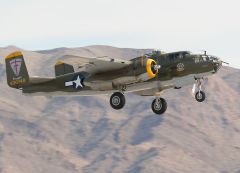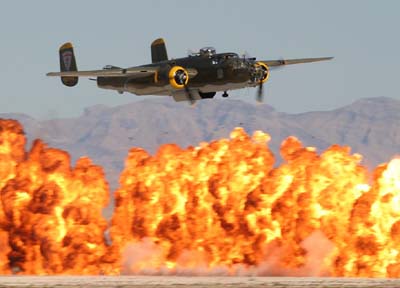Great Books for Teenage Boys: No. 3 - Catch-22
/ 
OK Ariel, here we go: Catch-22 by Joseph Heller.
It might be the funniest book ever written about war, and it might be the best book ever written about war, and the two are connected. It’s mostly set on an island off Italy, during World War 2. Does it avoid the dark heart of war? Hell no. You’ll get there, eventually. Just hang on tight, because Heller (who was a bombardier in World War Two, flying over and back across Europe, dropping bombs on people’s heads from several miles up), flies backwards and forwards in time, closing in on the truth and the darkness. Events are described again and again, from different characters’ points of view, until you get a horrible, hilarious, multiple, God’s-eye view of what really happened. The book (like life, like death, like war), is packed with paradoxes, the most famous of which is the one in the title, a catch, which may or may not exist, and which rules and ruins men’s lives:
There was only one catch and that was Catch-22, which specified that a concern for one's safety in the face of dangers that were real and immediate was the process of a rational mind. Orr was crazy and could be grounded. All he had to do was ask; and as soon as he did, he would no longer be crazy and would have to fly more missions. Orr would be crazy to fly more missions and sane if he didn't, but if he was sane he had to fly them. If he flew them he was crazy and didn't have to; but if he didn't want to he was sane and had to. Yossarian was moved very deeply by the absolute simplicity of this clause of Catch-22 and let out a respectful whistle.
"That's some catch, that Catch-22," [Yossarian] observed.
"It's the best there is," Doc Daneeka agreed.
-(from Catch-22, by Joseph Heller.)
As Carl Jung said,“All great truths must end in paradox.”
Because I love this book so much, I felt I should practically write an essay about it here. No. No need, no point. Just read it.

